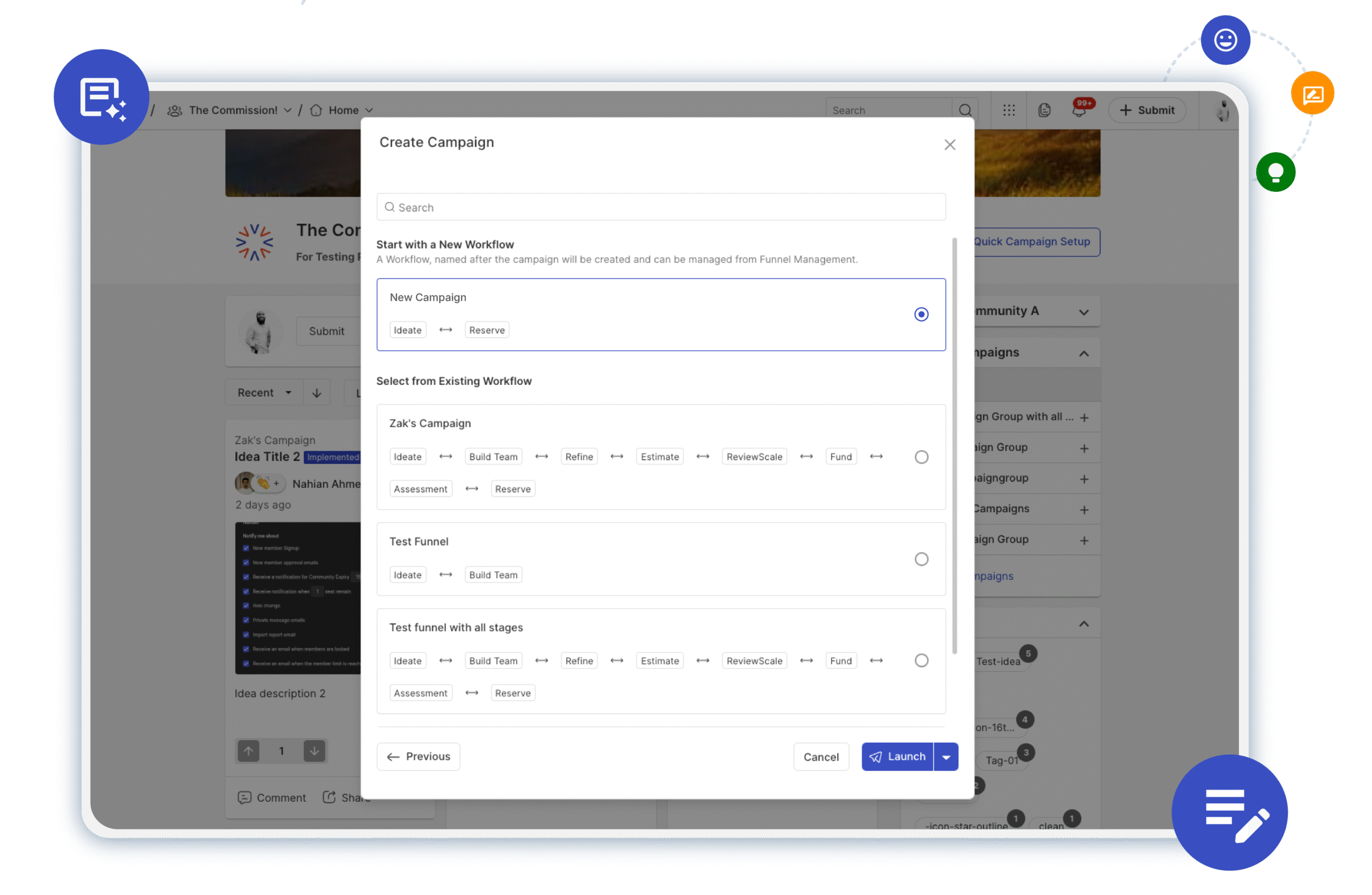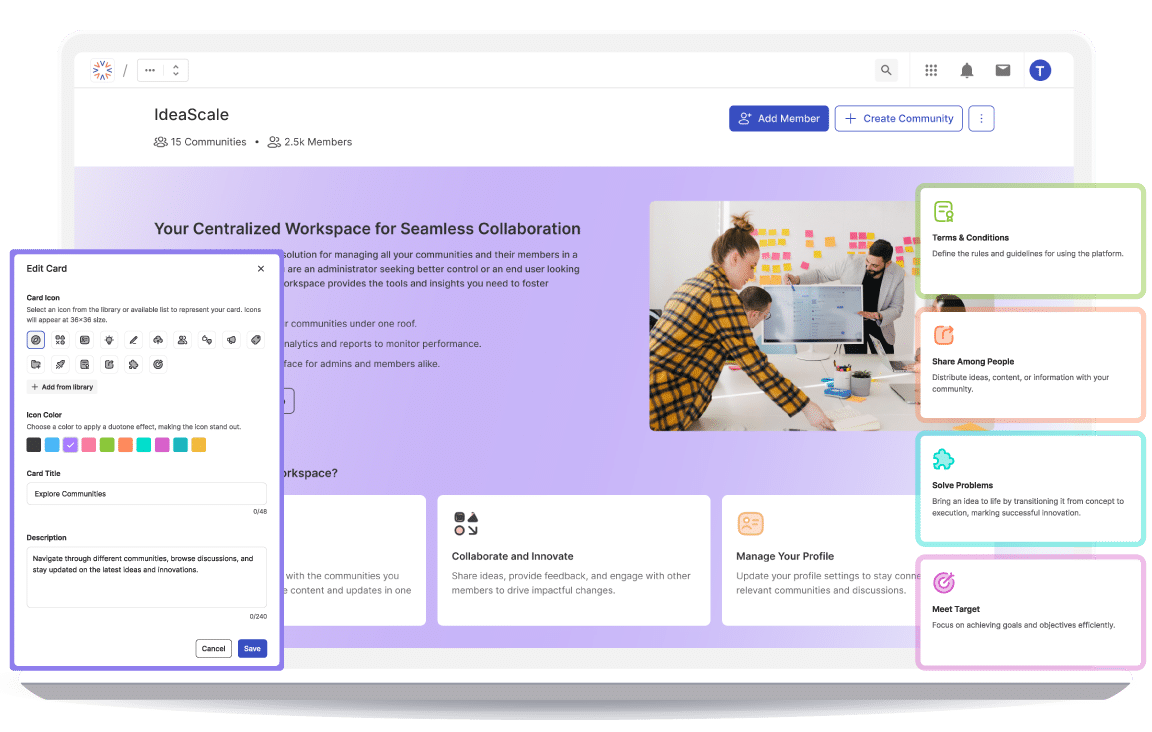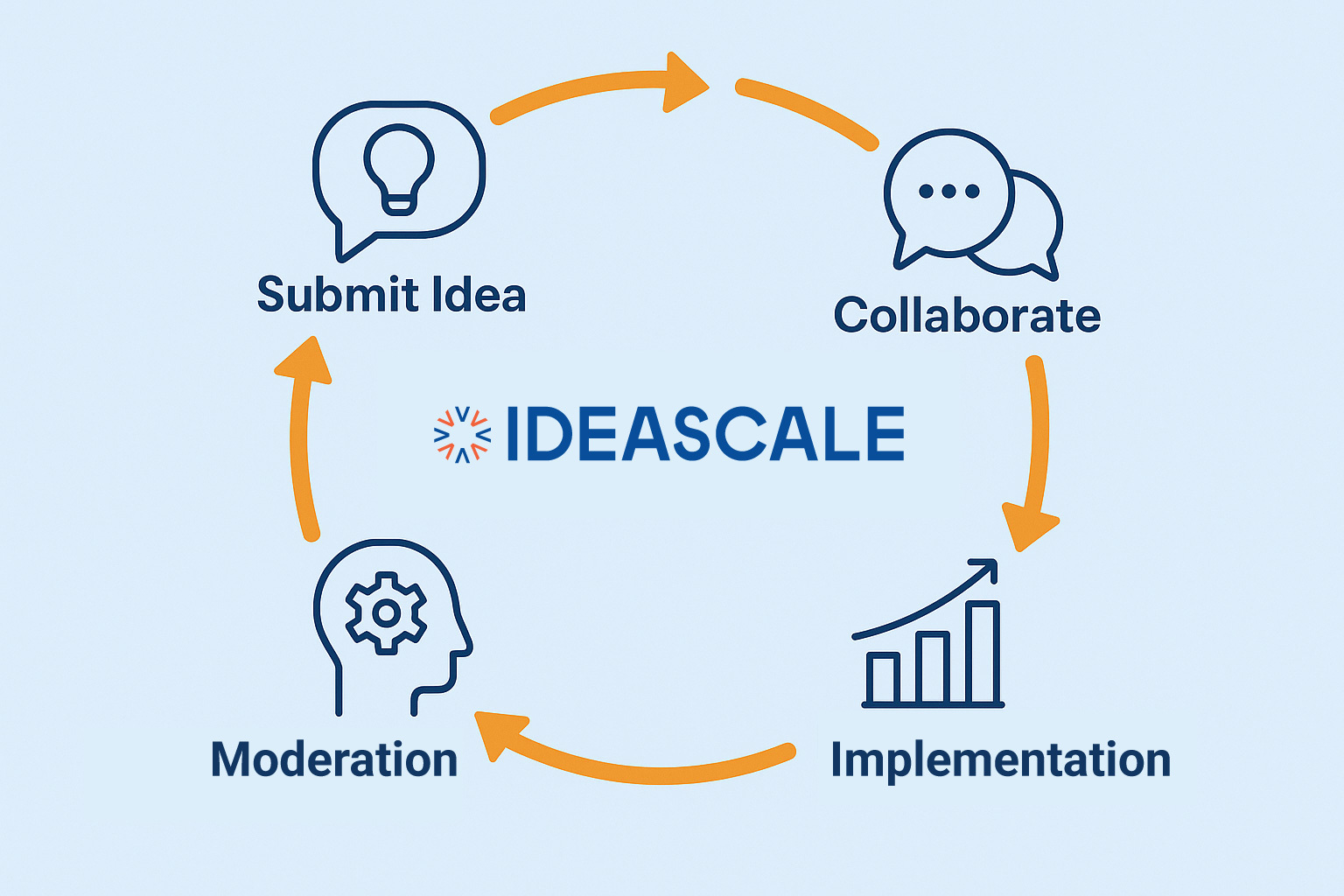Innovation is ultimately about solving problems. While it’s possible to solve problems in both innovative and non-innovative ways, innovative problem-solving has the potential to make major changes to what people do, how they conduct business, and how they live life. Problem-solving is a skill that can be developed through learning and practice, like any other skill. Innovative problem-solving also requires that you step outside of conventional wisdom and approach problems from new directions. Innovation isn’t about those exceptionally rare “Eureka” moments, but about problem-solving taken to a higher level. That’s good news because it means we can all sharpen our innovation tools with practice. Here are some ways to cultivate your own spirit of innovation in your daily life, so when the opportunity arises to solve a problem in an entirely new way, you’ll be ready.
Set the Stage with How You Care for Body and Mind
Just as the dinner table that’s been cleared of clutter and set with the right dishes and silverware is a more inviting setting for a great meal, the mind that is healthy rested, and well-cared-for is a more inviting setting for innovation. Good self-care habits not only pay off in terms of better physical and mental health, but they allow you to use your innovation tools optimally. Here are some ways to set the stage for an innovative mind:
- Stay hydrated. After all, your brain is mostly water.
- Listen to upbeat music when you need to revive your spirit.
- Listen to ambient noise or ambient music when you need to focus on intensive mental tasks.
- Experience sunlight, because parts of your brain operate better when you encounter full-spectrum sunlight during waking hours.
- Move around regularly to keep blood flowing and prevent physical and mental fatigue.
- Learn to prioritize tasks so you allocate your energy optimally.
Develop Habits That Support Innovation
The activity habits you develop can not only spur innovation but can help you remember ideas when you can’t act on them right away.

The following habits save you time and help free up mental energy for innovative problem-solving.
- Write down to-do lists, ideas, intriguing phrases you encounter, things you wish you could do, and more. You think you’ll remember important ideas, but too often, you won’t. Moreover, when you return to those notes later with a fresh perspective, you can find some real gems of ideas.
- Rest and tune out when you need to do so. Research dating back to the 1800s indicates that distributing effort leads to better and faster results. In fact, elementary teachers don’t just turn kids out for recess to let them burn off energy; after recess, kids are less fidgety and more able to focus on their tasks.
- Regularly learn new things, including things you don’t imagine you would be good at doing. The “beginner’s mind” can be tremendously innovative, and when you get into the habit of approaching problems with the beginner’s mind, you open yourself up to solutions that may never have occurred to you otherwise.
Ask the Right Questions
The creative, innovative mindset is all about asking questions, including questions people don’t think of or are afraid to ask. MacArthur Fellow Deborah Meier suggests asking the following questions – preferably in the company of one or more collaborators – to open up the innovative mindset:
- How do we know the things we know? It’s good to dig deeper and root out assumptions.
- Is there a pattern here? People who solve problems for a living (like police detectives) have to be good at seeing where patterns exist and what they may mean.
- What if? It’s a classic brainstorming question.
- Can we look at this from a different angle? In other words, are we limiting ourselves because of our assumptions?
- Does anyone care? Our idea may be brilliant, but does it matter to anyone?
Innovation tools may develop internally, from the habits we live and the skills we develop. They may also be external tools, like the software and apps we use to organize our daily lives and our work. We all have the ability to solve problems innovatively, and taking the time to develop these abilities serves us well in our working and non-working lives. If you’d like to learn more, IdeaScale encourages you to contact us today.
Most Recent Posts
Explore the latest innovation insights and trends with our recent blog posts.













